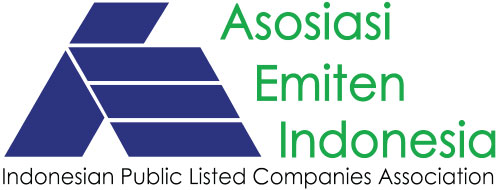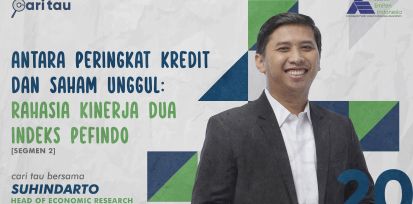
A New Global Economic Balance: Challenges and Opportunities
The Chairman of the Indonesian Issuers Association (AEI), Armand Wahyudi Hartono, shared his view that the global economy is currently undergoing a transition phase towards a new balance. Many countries, including Indonesia, are now at a crossroads due to shifts in global dynamics, influenced by the economic policies of major countries such as the United States (US) and China.
One of the factors driving this imbalance is the US policy of printing large amounts of money and exporting it to other countries through bonds. This policy has created imbalances in the global market as many of these bonds are absorbed by countries that are now facing crises. This condition has led to instability in various countries that have become the recipients of US monetary policies.
In addition, China’s policy of focusing on increasing employment through product exports has also posed new challenges for other countries, including Indonesia. China has successfully driven its economic growth by creating large-scale employment through its export strategy. However, this approach has forced other countries to adapt to the increasingly fierce competition in the global market.
Armand also highlighted the difficult situation faced by the middle class in Indonesia. The middle class feels that they are not receiving the same privileges as the lower class, who benefit from social assistance, or the upper class, who enjoy considerable wealth. This situation has created dissatisfaction that could potentially lead to social unrest, similar to the phenomenon in Chile, where a poorly served middle class eventually rebelled, causing a social crisis.
Although China has been successful in creating jobs, it also faces challenges in the property sector. The decline in property prices in China, which makes up a significant portion of the population’s wealth, has hampered domestic purchasing power and consumption. As a result, the Chinese public finds it difficult to respond to the government’s call to increase consumption to support economic growth.
Meanwhile, Europe is facing labor challenges. Several European countries have decided to open their doors to immigrants to fill the need for cheap labor, particularly in jobs that are less attractive to local residents. However, this policy has also created new social problems that governments in Europe must address.
Armand emphasized that in this complex situation, it is crucial for countries to find a new balance in their economies. He also expressed his hope that Investortrust will continue to grow as a strong partner in building Indonesia’s capital market community, as well as supporting economic growth toward the vision of "Indonesia Emas." Investortrust’s active role is expected to help drive the national economy towards greater stability and sustainability amid the constantly changing global dynamics.
By understanding the challenges and opportunities ahead, Indonesia is expected to take strategic steps to maintain economic growth while leveraging this global transition to achieve a more solid new balance.




 Back to Home
Back to Home







